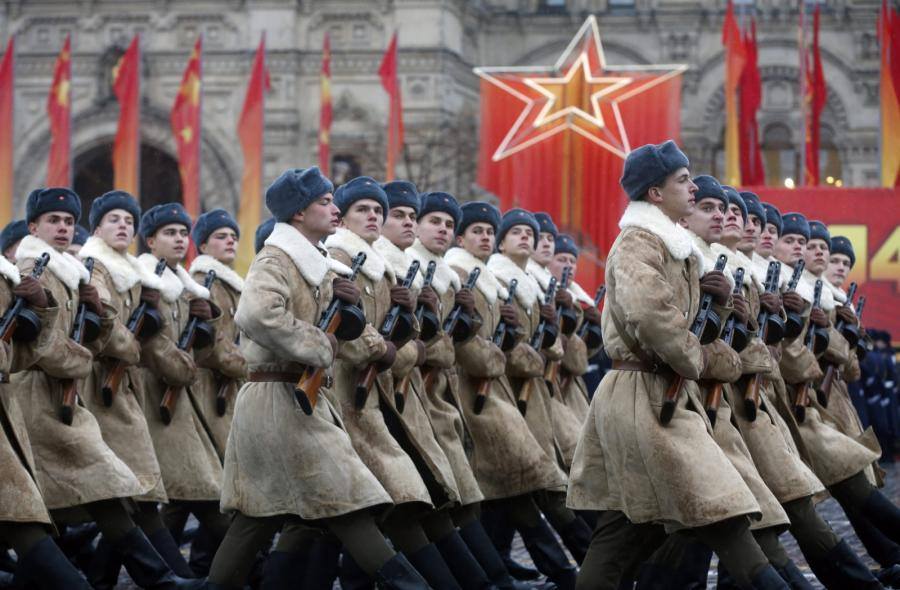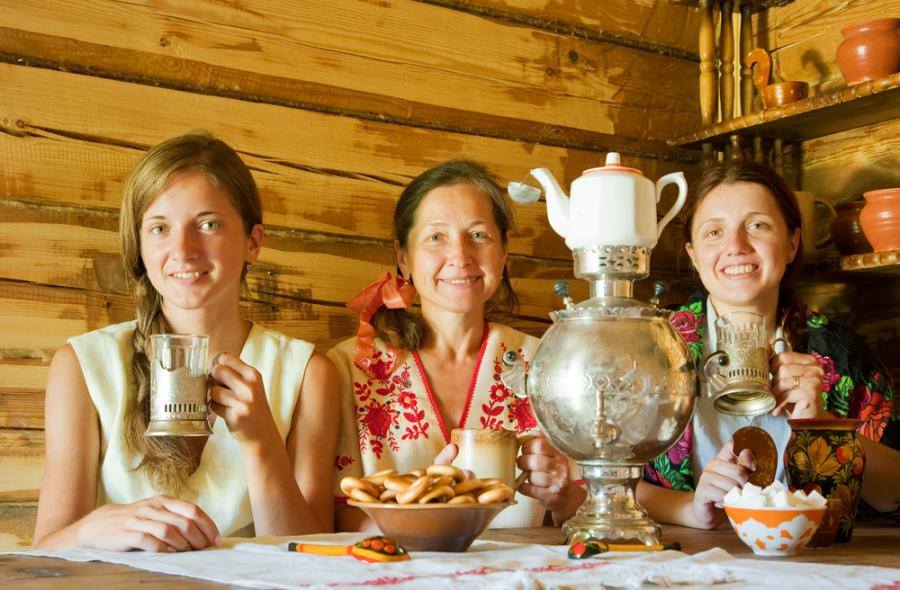“Rusophobia as anti-Semitism is disgusting” – this modest comment on an internet forum about research which shows that as many as 81% of Poles have a negative attitude towards Russia, sparked a lively discussion. And although I believe that the author of the comment is wrong both in the bizarre attempt to compare anti-Semitism with Russophobia – which he confuses with an antipathy to Putin’s Russia – and does not understand the positive sense of Poles’ dislike of Putin’s regime, it is worthwhile to deepen this issue and try to save the author’s intention.

The problem is as follows: how to maintain and develop the positive patriotism potential of Poles who are rightly afraid of the resurgent imperialism of Russia and feel genuine aversion to it, and at the same time to respect, even love, Russians as people and Russia with its rich cultural heritage. On political grounds, the matter is quite obvious: Russia, by arming Ukraine, created a threat to other neighbors, including Poland, and therefore we have the right and even the obligation not only to defend a free and democratic Ukraine against Russia, but also to mobilize the Polish state and society to repel possible military aggression by Russia, already defending itself against any attempts to subordinate Poland to the imperial intentions of the Putin regime.
As a society, we may differ in the assessment of the degree of this threat, have different ideas to counter it, differently assess the degree (not?) of the preparation of the Polish State, etc. Russia’s “exposure”, let alone prepare to receive Russian soldiers or “green men” as guests, in Slavic: bread, salt and vodka. Those in Poland who favor Russia in a conflict with Ukraine and want to neutralize Poland in the face of the threat from Russia, regardless of their various intentions, act against Ukraine, Poland and Europe. Such defeatist and pro-mutinist attitudes among Poles should be exposed, their sinister potential for betrayal should be critically shown and unequivocally condemned.
On the other hand, the ethical issue of Poles’ attitude towards Russians as people, the Russian nation and its culture remains not deprived of some political potential. The first problem that emerges is that the majority of Russians support Putin, the annexation of Crimea, and partly Russia’s military actions in Ukraine, while the extremists encourage Putin to escalate imperial appetites and prepare for armed occupation of other countries, including Poland.
Personally, I do not feel disgust and hostility to the so-called ordinary Russians, I am passionate and ardent reader of Russian prose and poetry, I grew up on Dostoyevsky, Tolstoy, Czechs, Mandelstam, Brodsky, I enjoy watching many Russian and even Soviet films, I am passionate about Orthodox and juridic mysticism, I am keenly interested in the history of Russia and The USSR, especially in the 20th century, I have great respect for Russians from the anti-Soviet or anti-Putin opposition. I am also trying to understand more deeply the so-called the Russian soul, and even the tragedy of the collapse of the Soviet empire and the Russians’ fears of the threat from the West. You could say that the Russians are spiritually and culturally close to me, except for their imperial bite and their lack of respect for the rights of individuals.
Also, never consciously acting against Putin’s regime, I never forget about Russia and Russians, who are just people and as such deserve my respect as a human being, and as a Christian – love, even if difficult. I just live in this painful spiritual and ethical tension, although it would be easier to get carried away by political emotions and justify in my heart the dehumanization of Russians as our enemies. I am also aware of the positive political potential of this tension: I will always defend every nation, including the Russians themselves, against the aggressive imperialism of their regimes, but I will never erase in my heart the difficult love for Russians as people and I do not take away their chance for a more human political system in future. Russians must know that Poles hate their regime and imperial aspirations, but respect them as people and value their culture.
Of course, it is difficult to clearly and clearly convey this message to the Russians in intense political emotion, but it is possible and many of us do it in different ways. Russia is our political and perhaps civilizational enemy, but the Russians are our brothers as people also when we may have to fight them once again. And we have to remember this if we do not want to lose our humanity ourselves. And our humanity as Poles supports and saves the humanity of Russians, giving both nations a difficult hope for friendship and peace in the future.
Answering the title question: Russian – sometimes my enemy, but always my brother.

Number of views:
18

